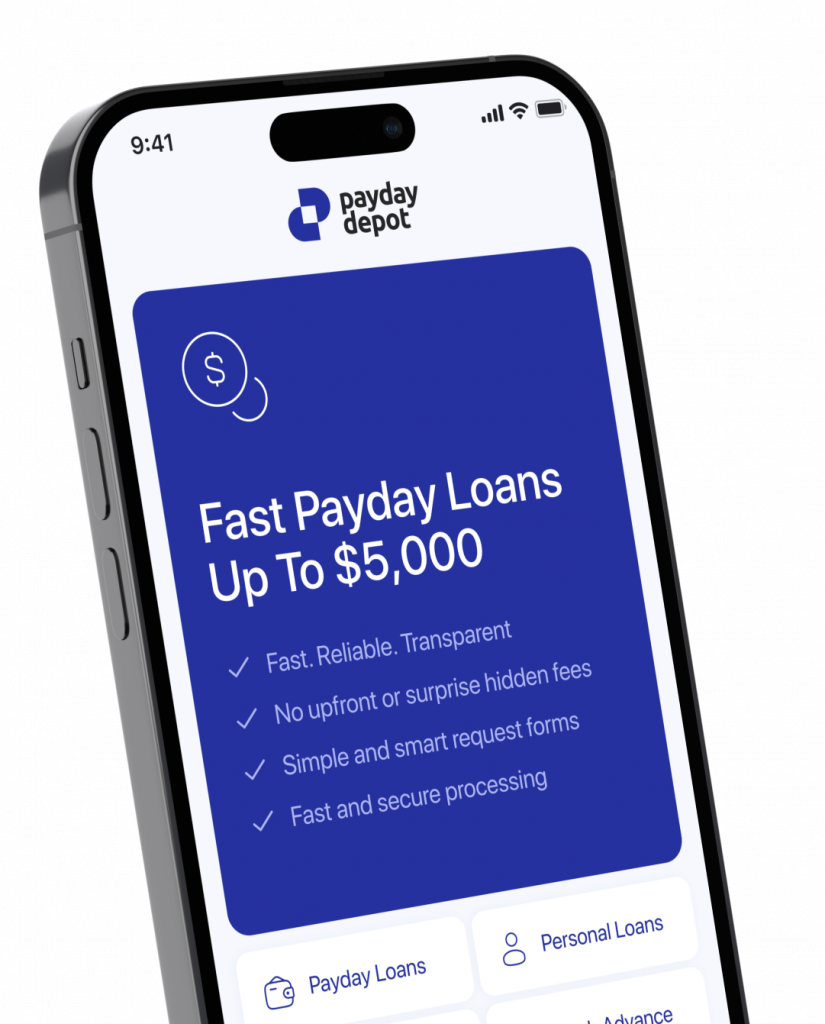Jason Steele, a seasoned freelance writer, specializes in credit cards, travel, and personal finance. He is a Senior Points and Miles Contributor for The Points Guy blog and has been featured in Yahoo!, MSN Money, and Business Insider. Jason also founded the CardCon conference, uniting experts in consumer finance. Read more
Payday Loans for Students
A payday loan is a small, short-term loan for people experiencing an unexpected financial emergency. Payday loans are usually for just a few hundred dollars, and often come with high costs.
To get a payday loan as a college or graduate student, you must have a job where you receive a paycheck, although part-time jobs or paid internships count. With payday loans, the principal amount you borrow is part of your paycheck, and is due when you receive your next paycheck.
How Do Bad Credit Student Loans Work?
Bad credit student loans get their name from the fact that student payday loans are available to those with bad credit. You can apply for student payday loans on a lender’s website, or in person if the lender has a physical location.
You will usually find out within a few minutes if you have been approved for a bad credit student loan. If approved, then you will receive access to your loans funds very quickly, usually within one business day. Later on when you receive your next paycheck from your job, the lender will withdraw the payday loan amount directly from your bank account.
Rates of Fast Loans for Students
Payday loans for students typically have a higher interest rate than other loan types. Many fast loans for students charge a service or loan origination fee as well.
Reasons to Get a Student Instant Loan
There are many reasons why you might be looking to get a student instant loan. Student instant loans are meant to cover small, unexpected costs.
For students, these expenses could include necessary purchases like books or other school supplies, emergency medical bills or an urgent car repair. Whenever possible, it’s wise to plan ahead for such expenses by saving ahead, building out an emergency fund or by picking up additional work or a part-time job on the side if time and resources permit.
Don’t seek out a student instant loan for expenses that aren’t true emergencies. Student instant loans and similar quick-money options often come with high interest rates that can financially cripple you if you aren’t able to quickly repay your debt in full.
Requirements for Getting Payday Loans for College Students
Unlike many other types of personal loans, payday loan lenders usually don’t consider credit history, credit score, or income when determining whether you are eligible for a payday loan as a college student.
However, there are several qualifications you must meet in order to be eligible for a payday loan:
- College students must be 18 years of age or older, with a valid identification card.
- You must have been employed for at least three months prior to applying for the loan, and you must provide proof of income for this employment.
- You also need an active email address and an active bank account in your name at a bank or credit union.
Benefits of Same-Day Loans for Students
Same-day loans for students provide you with access to cash quickly. With some lenders, you can get approved as quickly as the same day that you apply, with access to the money in as little as one business day.
Same-day loans are also easy to apply for. To apply, you simply fill out an online application and submit your required documentation electronically. Furthermore, most student payday loans do not require a hard credit check, which can be a huge benefit to students who have low credit scores or no credit history.
Most student payday lenders only perform a soft credit check, but some traditional lenders do perform a hard credit check.
Risks of Getting Cash Advance for College Students
A college student cash advance can be a godsend when you’re in a financial bind, but getting a payday loan as a student also carries multiple risks.
One of the biggest risks is the high interest rates that often accompany these types of loans, which can make repaying your debt very challenging. And if you don’t make your payments on time, you will likely have to pay late fees on top of the interest.
If you make more than three late payments, your lender may report you as delinquent on the loan. When this happens, the lender may turn your account over to a debt collection agency and report the delinquency to credit bureaus, which can negatively impact your credit history.
Some college student cash advance loans offer a grace period — such as six months after graduation — before they start charging interest. If you don’t pay off your loan in full before your grace period ends, then your lender will begin charging interest on all unpaid balances accrued, which can quickly add up on top of your outstanding debt.
How to Get a Quick Loan for Students?
Getting a quick loan for students is fairly easy. Most loans offer online applications, and only require a few additional documents.
There are two main types of quick loans for students: Small personal loans and emergency cash loans. Small personal loans for students are usually used to pay for planned school-related expenses, like books, tuition or housing. Emergency cash loans for students, on the other hand, are usually used to pay for unexpected expenses, like medical bills or emergency car repairs. However, you can use either type of loan for any expense.
Alternative Options for Instant Loans for Students
If you are a student who needs quick access to more funds, there are several other options besides instant loans. Alternative options include installment loans, student loans, financial assistance from nonprofits, getting a side job or selling unused items.
Installment Loans
Installment loans are loans with multiple payments over a set period of time. With installment loans, the borrower pays back the loan in small payments over time instead making a single lump payment at the end.
Student Loans
Your school may be able to help you apply for student loans. There are federal student loans and private student loans. Federal student loans are offered by the Federal Government, and they have fixed interest rates and flexible payment options. Private student loans are offered by banks or credit unions, and may have higher interest rates than federal student loans.
Financial Assistance from Nonprofits or Religious Organizations
Nonprofits sometimes offer grants or financial assistance for students. Nonprofits may provide financial aid, free tutoring services or access to computers or other equipment that you may need for school.
Your local church, temple, synagogue or mosque may also be able to offer financial assistance, especially if you are a member of their community.
Get a Side Job
A side job could help bring in extra money while you are still in school. You could drive for a rideshare company such as Uber or Lyft; deliver food or groceries for businesses such as GrubHub, Doordash or Instacart; work at a coffee shop; pet sit or tutor other students.
Sell Unused Items
If you have items that you don’t need any longer, you could sell them for cash on Facebook Marketplace, eBay or Craigslist. Maybe you have clothes that you don’t wear anymore, textbooks from last semester or furniture that you could go without. Although you may not make a lot of money, every little bit helps, especially when the alternative is to borrow money at high rates of interest.



